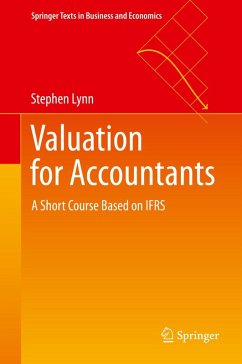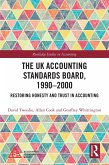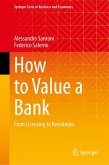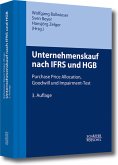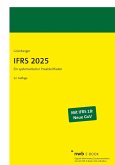The book uses mathematical notation in presenting many of the models, but the focus is on application rather than proof. The mathematics is presented at a level that assumes sufficient background in high school algebra and coordinate geometry, prior knowledge of elementary probability, and a knowledge of basic statistics. Readers should also be aware of what linear regression does and should be able to run a regression and interpret the output. Calculus is not assumed.
The models discussed almost always require a computer to apply. However, the emphasis is on understanding the models rather than learning computer skills, especially in the case of financial instruments.
Dieser Download kann aus rechtlichen Gründen nur mit Rechnungsadresse in A, B, BG, CY, CZ, D, DK, EW, E, FIN, F, GR, HR, H, IRL, I, LT, L, LR, M, NL, PL, P, R, S, SLO, SK ausgeliefert werden.

